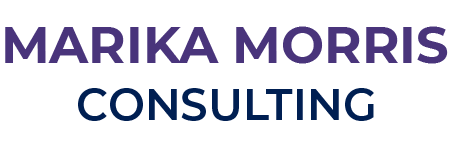Inuit needs for tobacco cessation services: The complexities of tobacco use among Inuit in Canada
This 2021 report for the Canadian Cancer Society Cancer Prevention Program, co-authored with Qauyisaq Etitiq, features a scan of the research, organizational literature and full and partial consultations with 22 people in all Inuit regions and four of the six main urban areas in which Inuit live. These were almost all Inuit who worked in health, Inuit organizations, and governments.
Over half (52%) of Inuit aged 15 or older smoked cigarettes daily compared with 16% of the Canadian population. Smoking is normalized among Inuit who live in the northern Inuit regions, where over 70% of Inuit smoke. Smoking rates for Inuit children and youth are very high, with children in one area being given chew tobacco by some parents who do not know the dangers of it. Consultation participants cited stress relief from intergenerational trauma and poverty, overcrowded housing, normalization in communities where smoking is a social activity, use as an appetite suppressant in the context of food insecurity and inadequate access to culturally appropriate health care and health promotion as factors in Inuit smoking.
Inuit have suffered greatly as a result of colonial policies which separated families and took away decision-making. Inuit continue to experience racism and underinvestment relative to other Canadians. The report makes recommendations for health organizations and governments in nine areas: respecting Inuit self-determination; addressing underlying issues for high rates of smoking; capacity building and training for Inuit in communities; training quit coaches and others need to receive to help Inuit reduce or eliminate tobacco use; supporting and expanding existing Inuit-specific resources, some of which were eliminated by cutbacks or inconsistent funding; how to adapt a quit line for Inuit; how to best reach Inuit; successful models for helping Inuit reduce or stop tobacco use; re-establish a permanent website for all Inuit-specific materials from across Canada about smoking cessation and related training, and preferably also about larger physical and mental health issues, including healthy parenting.


